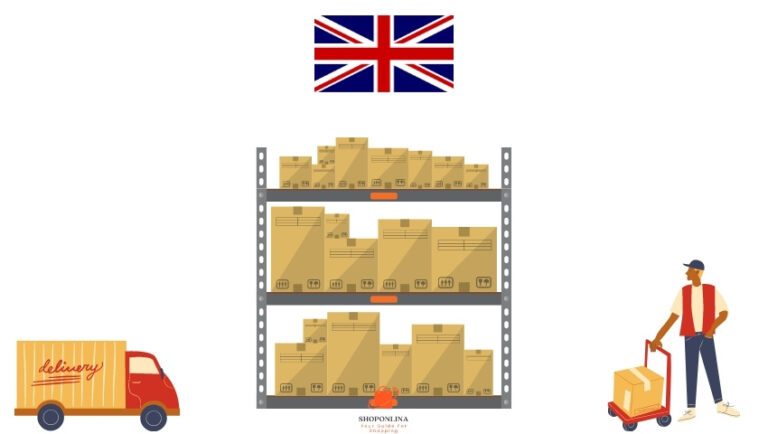The Impact Of Brexit On the UK’s Economy
The nation, however, did not suddenly develop into this advanced phase. The number of foreign nationals entering the United Kingdom increased by 25 % in 2014 compared to 2013. The immigration problem in the country has been going on even before the United Kingdom joined the European Union.
The regions that had experienced a significant inflow of immigrants were more likely to support Brexit in the referendum.
Voters who identified as middle- to lower-class, older, white, socially conservative, and/or financially disadvantaged thought they were being abandoned by the more economically liberal elite. These individuals supported the Conservative Party and ultimately Brexit.
Also, consider that some Brexit supporters were motivated by the promise of financial gain. If Greece weren’t a member of the European Union, it could negotiate its own trade agreements with other nations. There was a widespread belief in the UK that EU regulations stifled free-market thinking. Others sought to shield the British economy from potential shocks like the 2008 Financial Crisis and the Eurozone crisis of 2009.
The Consequences of Brexit on Britain
The day the referendum result was announced, the value of the pound hit a 31-year low. This highlighted the apprehension that investors had about the future of the United Kingdom in the wake of Brexit. Over the course of the next year, the pound rose in value as traders adjusted to the news. The pound fell when the Brexit transition ideas were made public and repeatedly rejected. There is a lack of faith among investors, which is reflected in the pound’s volatility despite the fact that a weaker currency boosts exports.
Effects of Brexit on the UK Economy
Brexit had both a negative and a positive impact on the Economy as it had an effect on other various areas and sectors.







